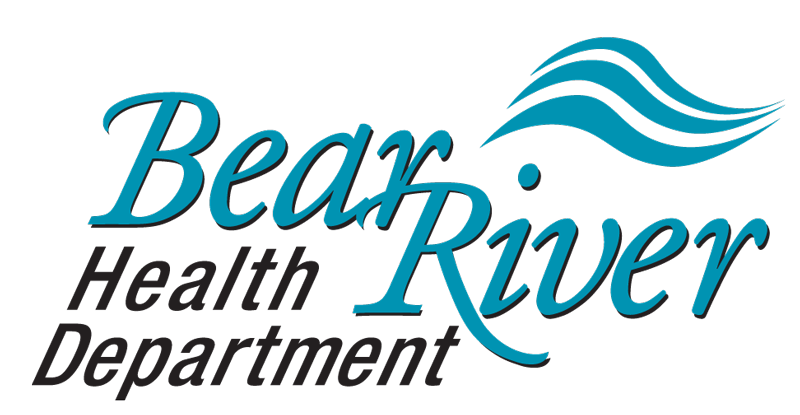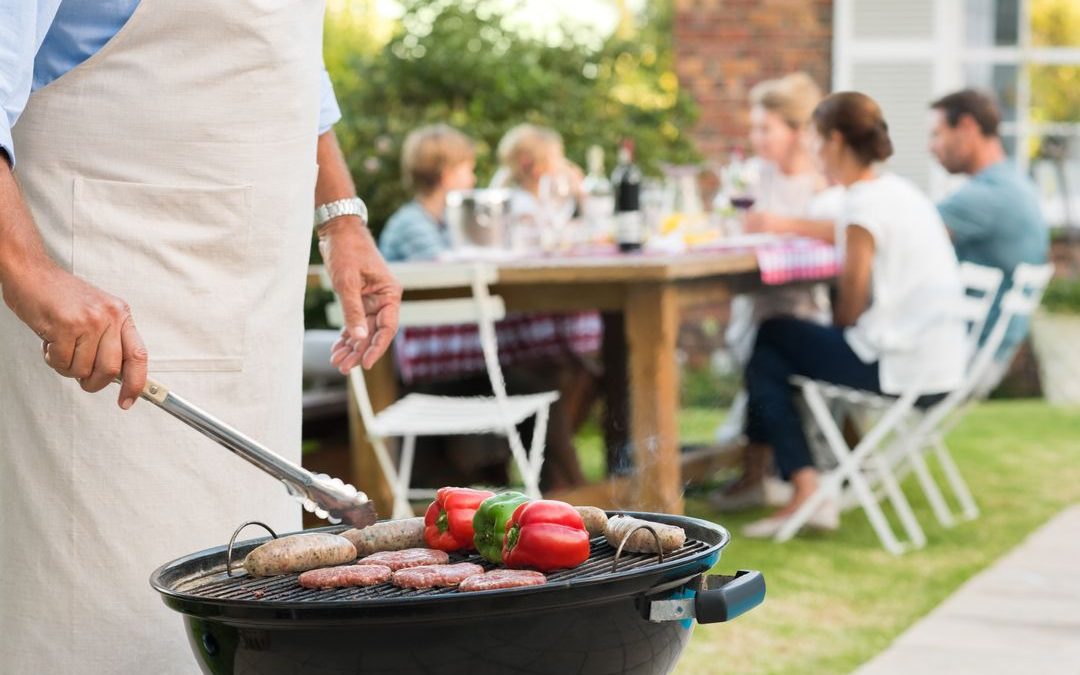Tis’ the season for outside BBQs, family reunions, picnics, camping trips, etc. When preparing a meal for family and friends, think about how each food item is being prepared. Many variables can contribute to food-borne illness, ways to reduce the risk include:
- Proper Handwashing
- Safe Storage (Refrigerate or Freeze)
- Avoid Cross-Contamination
- Proper Food Temperatures (Food Danger Zone: 41°F-135°F)
Listen to Kendrik, an Environmental Health Scientist, as she reminds us all of what we can do to stay healthy this summer!

